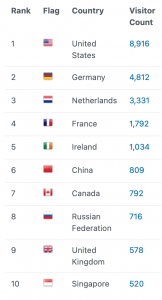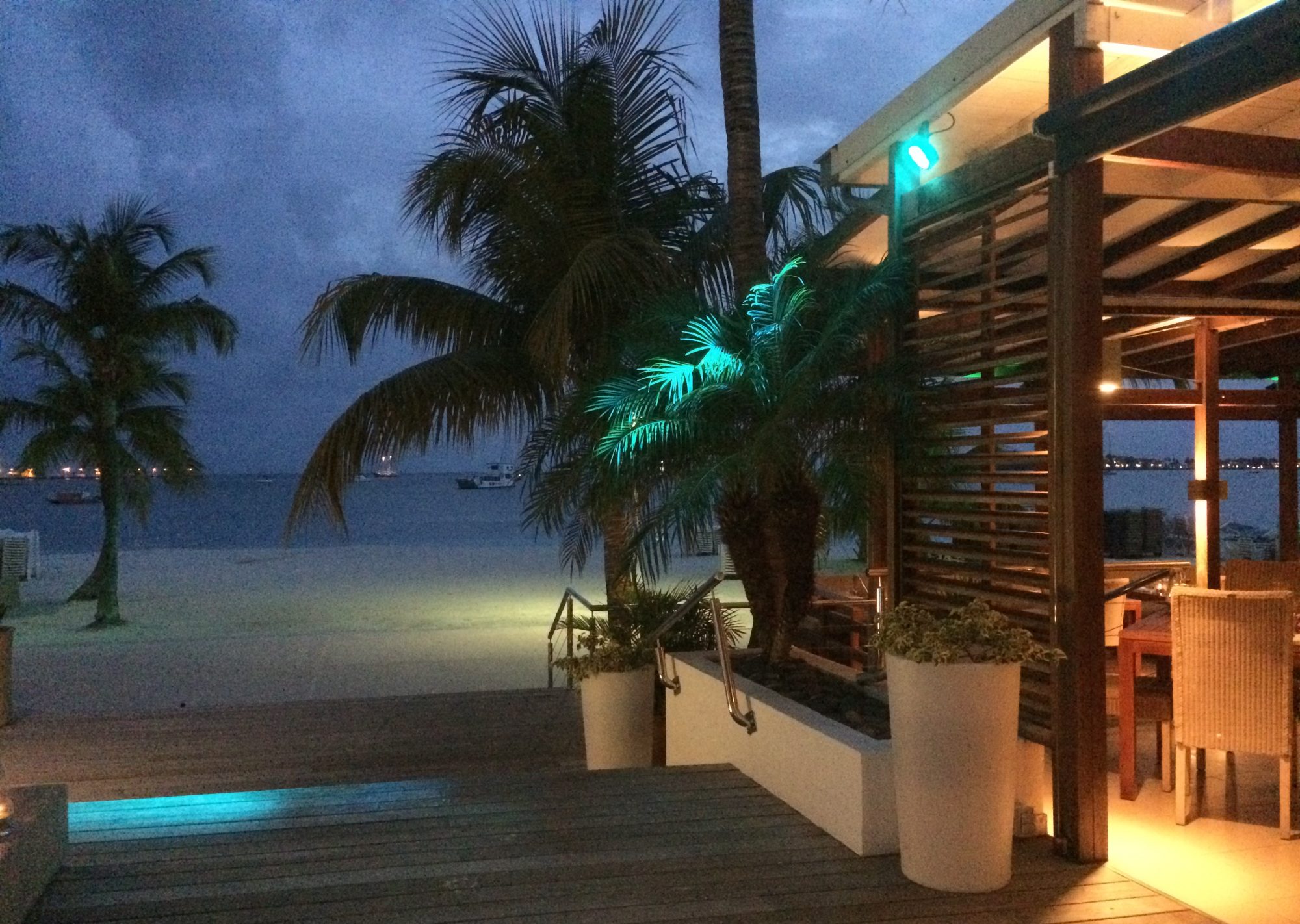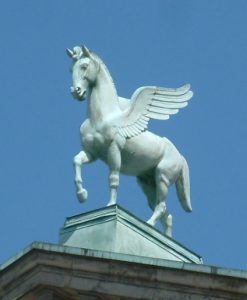In 2021 I had a very fruitful year. When I look at the statistics of my website I had 32.686 visits that year. That is especially thriving, if you relate that figure to the all time total of 65.855 visits. Besides the home page, the page of SYNERGY and the publications and citations were most visited.
Most visitors are from The United States of America, Germany and the Netherlands.

I published 5 articles in English and an English book chapter and three articles in Dutch of which I was the (co-)author and a Dutch book chapter.
I had the all time high of citations of my publications as well. (I follow the amount of citations of my articles that Google Scholar registers. Not because I think that being cited is the best indicator for the quality of a researcher, but quotations do tell me, that my articles are read and used for further reflection and research).

Hundred and five citations last year. This is way beyond the years before. In future I hope to continue writing on topics that interest scientists and practitioners in Quality Management. The focus for the next year will be Leadership for Emergence.




